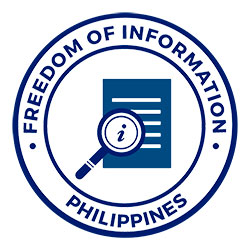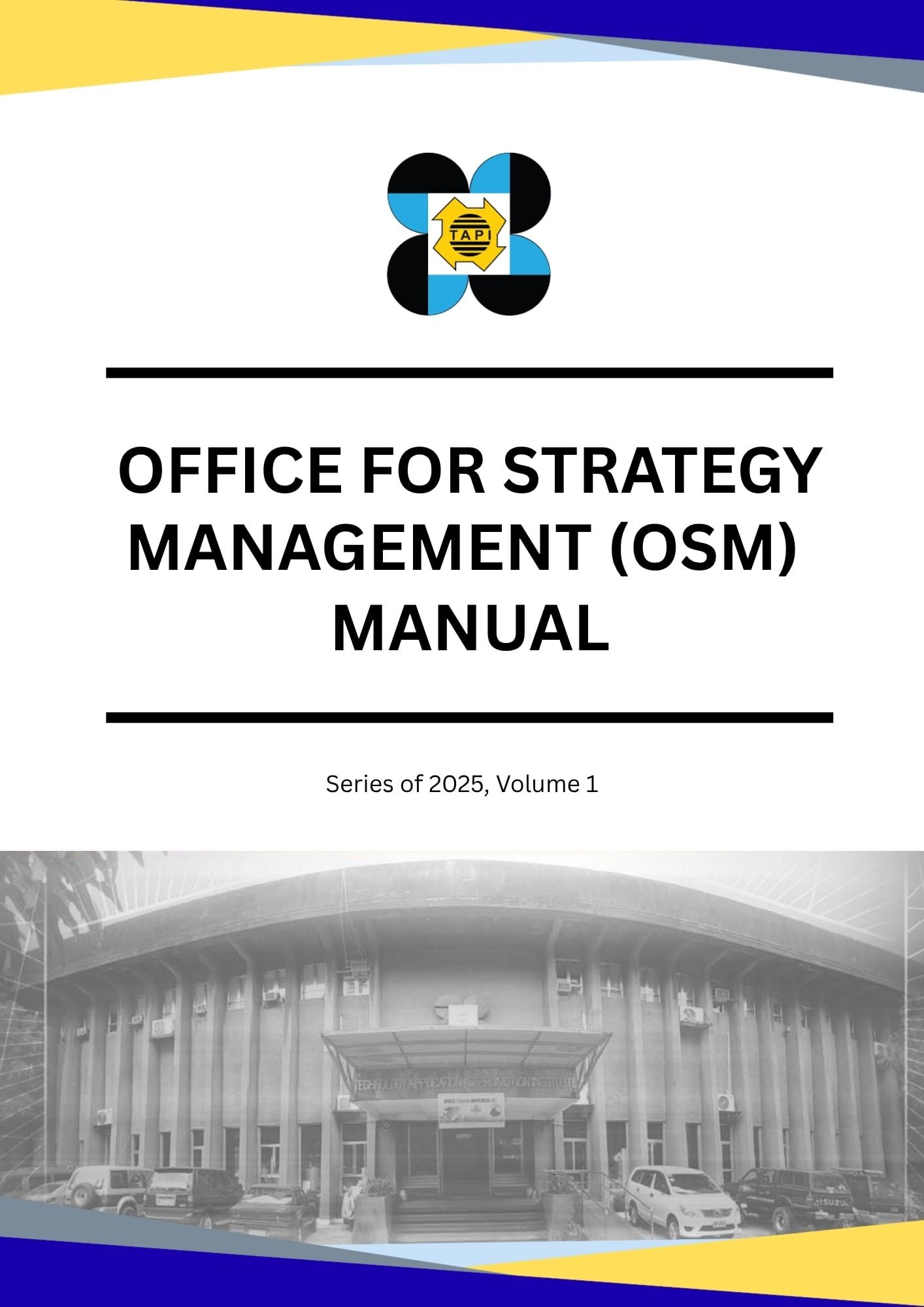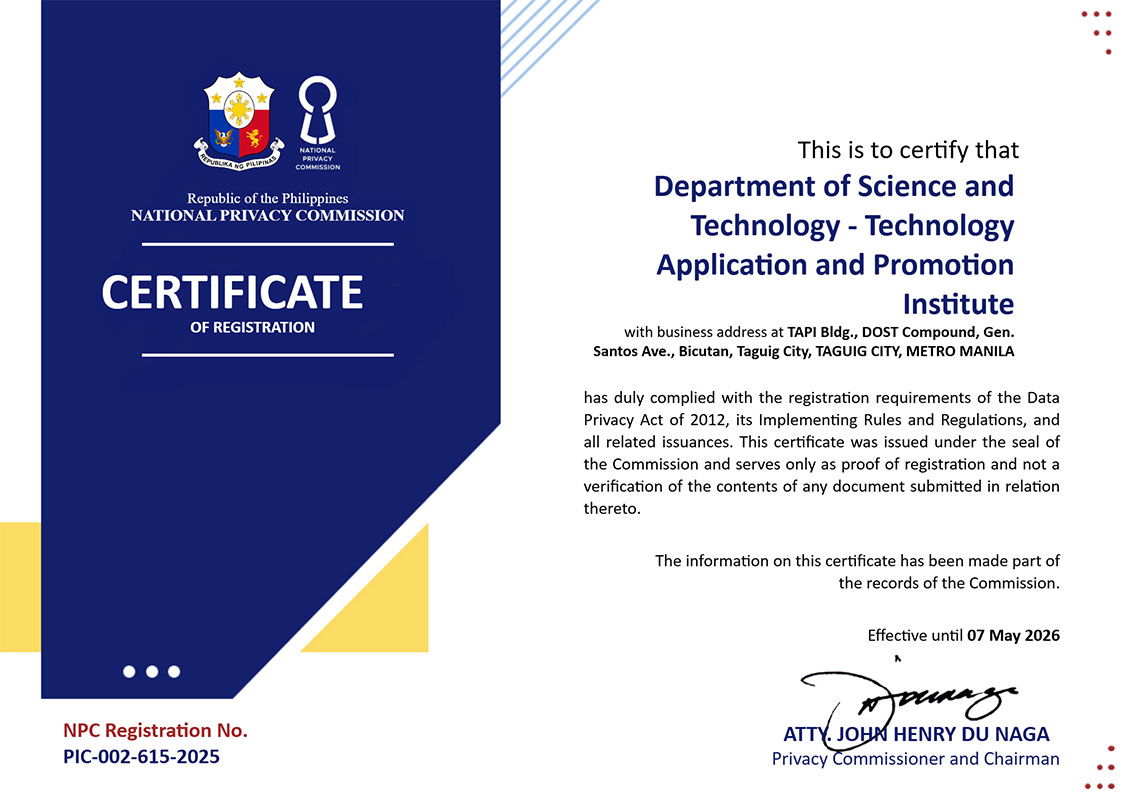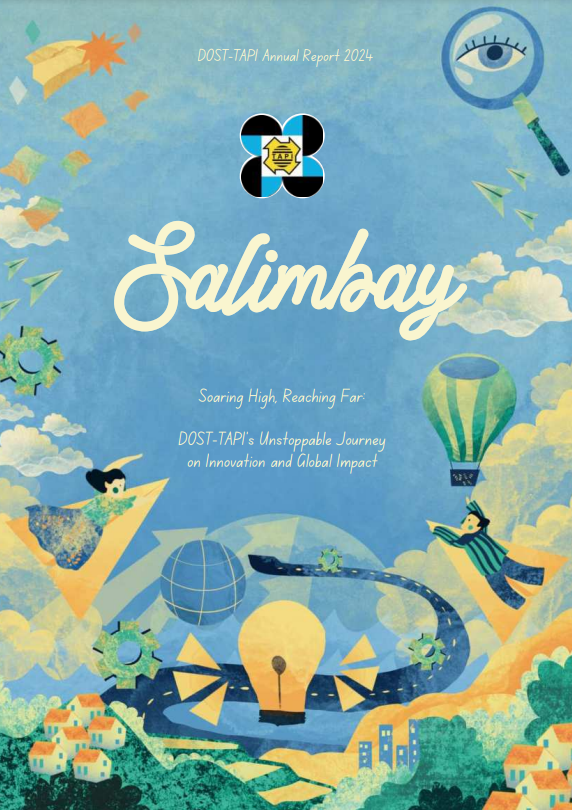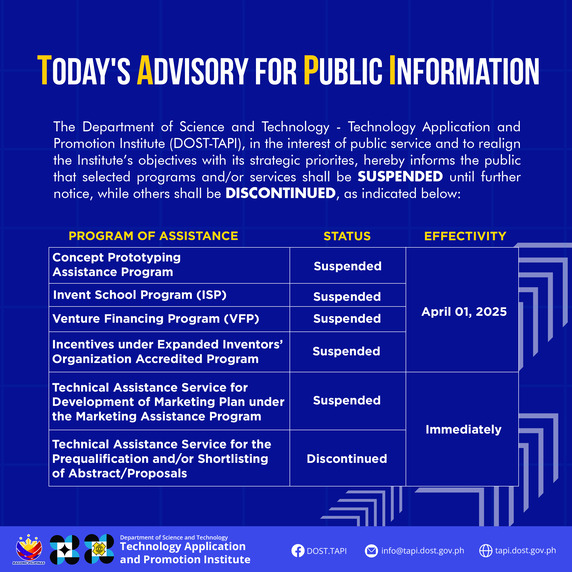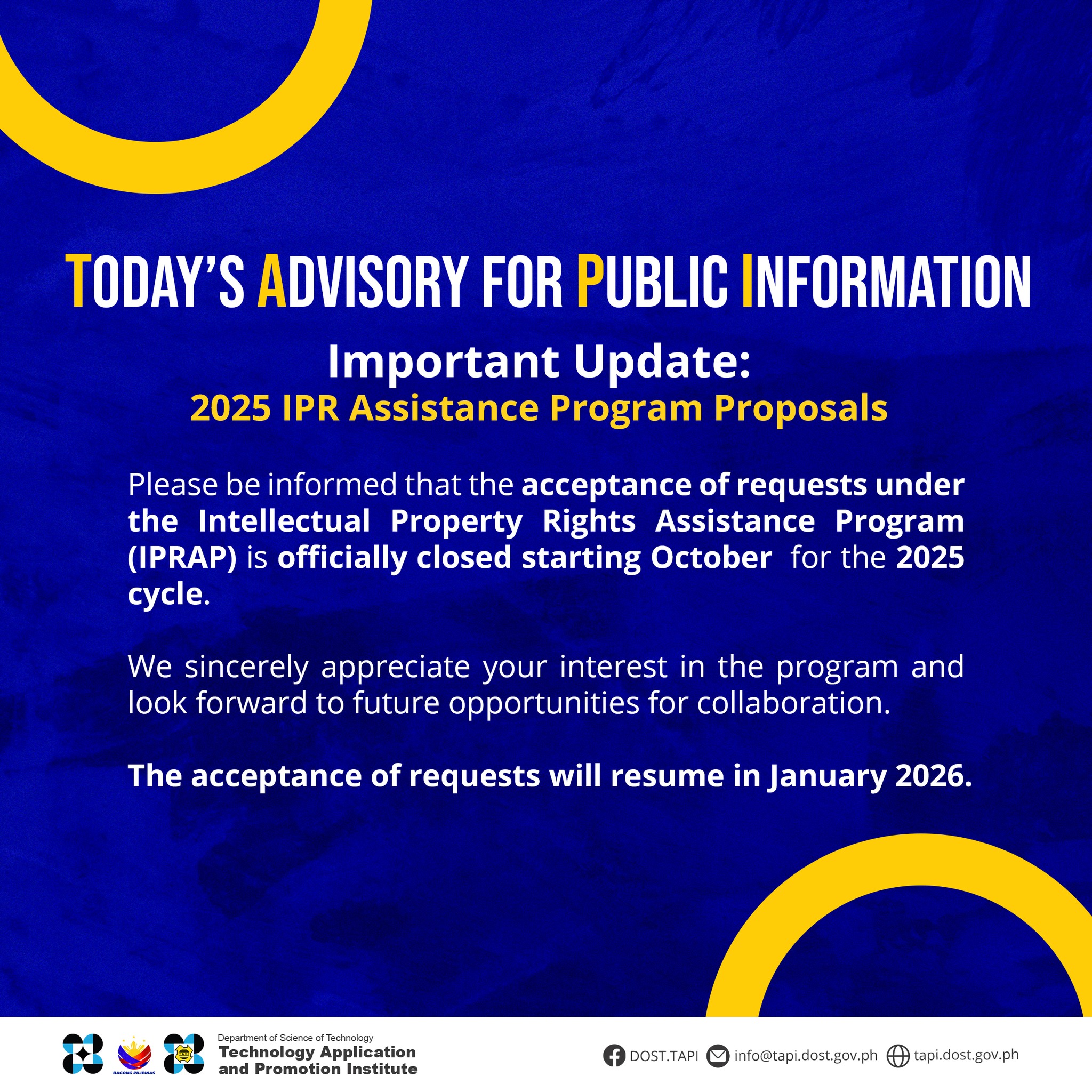- Details
By Heherson Valdez

Bicutan, Taguig City — The Department of Science and Technology–Technology Application and Promotion Institute (DOST-TAPI) is set to culminate the 4th edition of Gawad Alunig x Dalumat (GAxD) 2025. This nationwide creative campaign empowers Filipino creatives to promote grassroots innovations through compelling visual storytelling.
DOST-TAPIS’s GAxD 2025 marks a strategic shift from science citizen journalism to science visual storytelling. This year’s campaign leverages short-form video advertisements and photo essay features. Through Gawad Alunig, participants produced creative advertisements that translated complex technologies into engaging narratives, while Gawad Dalumat highlighted in-depth visual storytelling that showcased the unique value of Filipino innovations through photography and concise written features.
The GAxD 2025 campaign served as a public relations tool of the Institute to get leads to potential technology proponents, linking them to DOST-TAPI’s programs and services.
- Details
By Mirielle Vacal

Bicutan, Taguig City — The Department of Science and Technology–Technology Application and Promotion Institute (DOST–TAPI) is set to mark its 39th Anniversary on January 30, highlighting a year of transformative achievements while unveiling an ambitious roadmap that positions Filipino innovation for greater global impact.
Guided by the theme Ad Meliora, “Toward Better Things Delivered, this year’s anniversary underscores the agency’s enduring role as a mentor, enabler, and bridge for Filipino innovators, partners, and institutions working to turn ideas into real-world solutions.
“For nearly four decades, DOST–TAPI has served as a steady partner to Filipino innovators, helping them navigate the journey from invention to industry,” the agency shared ahead of the celebration. “Every spark of innovation we support carries with it hope for the nation.”


